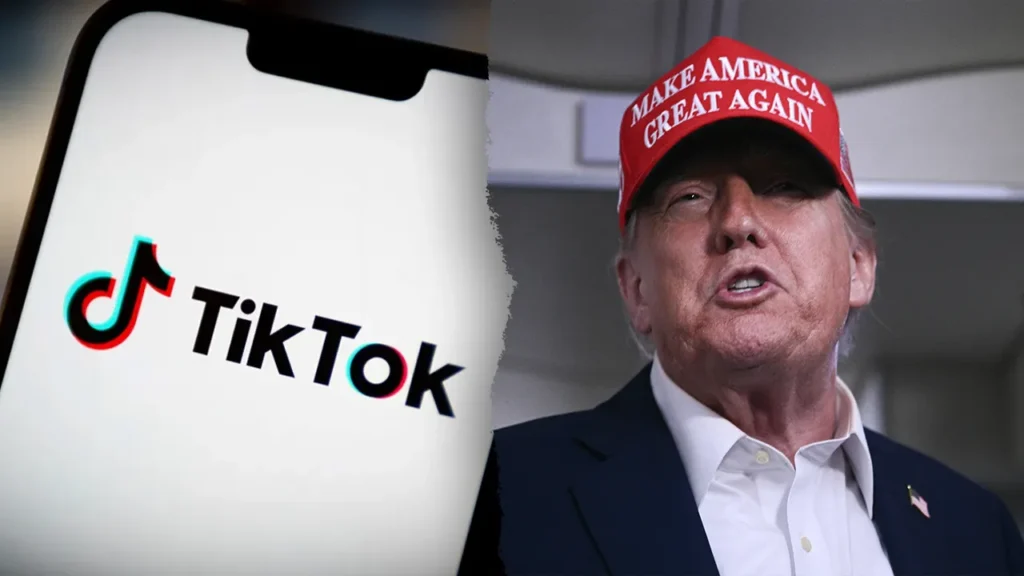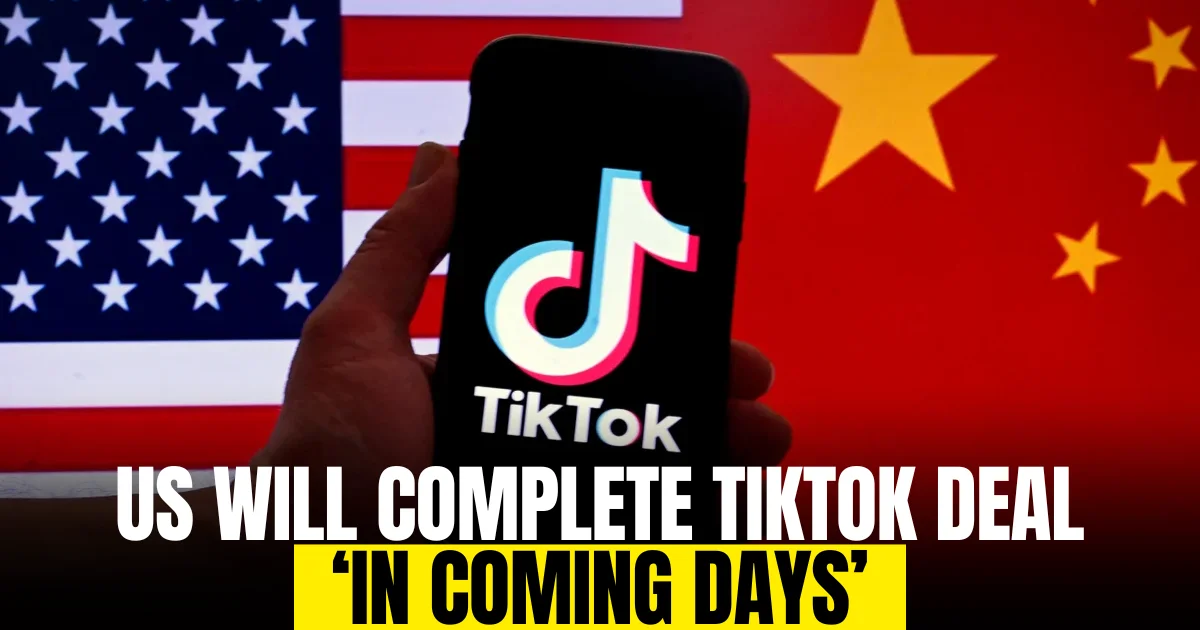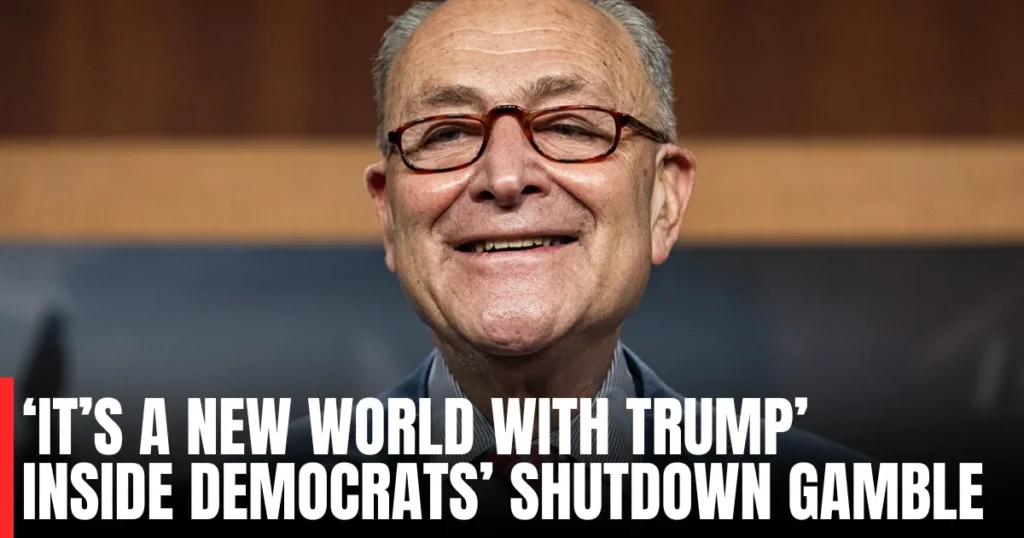The US says it will control TikTok’s algorithm as part of a deal set to be finalized in days. Here’s what this means for users, data privacy, and politics.
Table of Contents
US Will Finalize TikTok Deal in Coming Days, White House Confirms
The Biden administration has confirmed that the United States will gain control over TikTok’s powerful algorithm as part of a landmark deal expected to be signed within days. White House Press Secretary Karoline Leavitt revealed that the agreement would reshape the social media giant’s future in America, placing its data and operations under US-led management.
White House Confirms TikTok Takeover Details

Speaking on Fox News, Leavitt said:
- The deal is 100% completed and awaiting signatures.
- Oracle will oversee TikTok’s data and privacy operations in the US.
- Americans will hold six of seven board seats, ensuring majority control.
She emphasized that the move guarantees stronger protections for American users and aligns with Washington’s long-term security goals.
Background: Why the TikTok Deal Matters
In April 2024, Congress passed a law requiring TikTok to sell at least 80% of its US assets to American investors or face a nationwide ban. The app even briefly went offline in January 2025 before President Trump granted extensions to keep it running while negotiations continued.
Now, with 170 million US users, TikTok has become a political and economic flashpoint. Analysts note its popularity among young Americans — a demographic that played a surprising role in the 2024 presidential election.
Who Will Own TikTok After the Deal?

The finalized ownership structure is expected to include:
- Oracle – handling data storage & privacy
- Andreessen Horowitz & Silver Lake – key financial investors
- American-led board – six out of seven seats
Chinese stakeholders may retain up to 20% ownership, but the algorithm — TikTok’s most valuable asset — will be firmly under US control.
National Security & Global Politics
TikTok’s For You algorithm has long been considered its “secret sauce,” fueling its dominance over competitors. For years, Beijing-based parent company ByteDance refused to sell the app with its algorithm.
But after months of tense negotiations — compounded by Trump’s tariff war with China earlier this year — both Washington and Beijing appear ready to compromise. Treasury Secretary Scott Bessent confirmed that Trump and China’s Xi Jinping made progress on TikTok during recent trade talks.
The agreement could also set the stage for the first Trump-Xi face-to-face meeting since Trump’s return to office, scheduled for the APEC Summit in South Korea next month.
What This Means for Users
For TikTok’s 170 million US users, the deal is expected to bring:
- Uninterrupted access to the app
- Stronger data security measures
- Assurance of algorithm oversight by US-based entities
While some worry about government overreach, others see this as a necessary step to protect against foreign influence on American social media platforms.
FAQs
Q1: Will TikTok be banned in the US?
No. If the deal is finalized as expected, TikTok will continue operating under American-led management.
Q2: Who will control TikTok’s algorithm?
The United States, with Oracle managing data and security operations.
Q3: How many Americans use TikTok?
Around 170 million US users, making it one of the country’s most widely used apps.
Q4: Why is this deal happening now?
The 2024 law required TikTok to sell a majority stake to American investors. The White House pushed for the deal to resolve ongoing national security concerns.
Q5: Will China still have a stake in TikTok?
Yes, but limited to 20% ownership, while the majority of control shifts to American investors and board members.
Conclusion
The TikTok deal marks a historic shift in digital governance, with the US securing control over one of the world’s most influential algorithms. As the agreement is finalized, Americans can expect more transparency in data handling and a continued presence of the app that has reshaped entertainment, culture, and even politics.
If successful, this deal could serve as a blueprint for future tech negotiations between the US and China — balancing innovation with security in the digital age.

